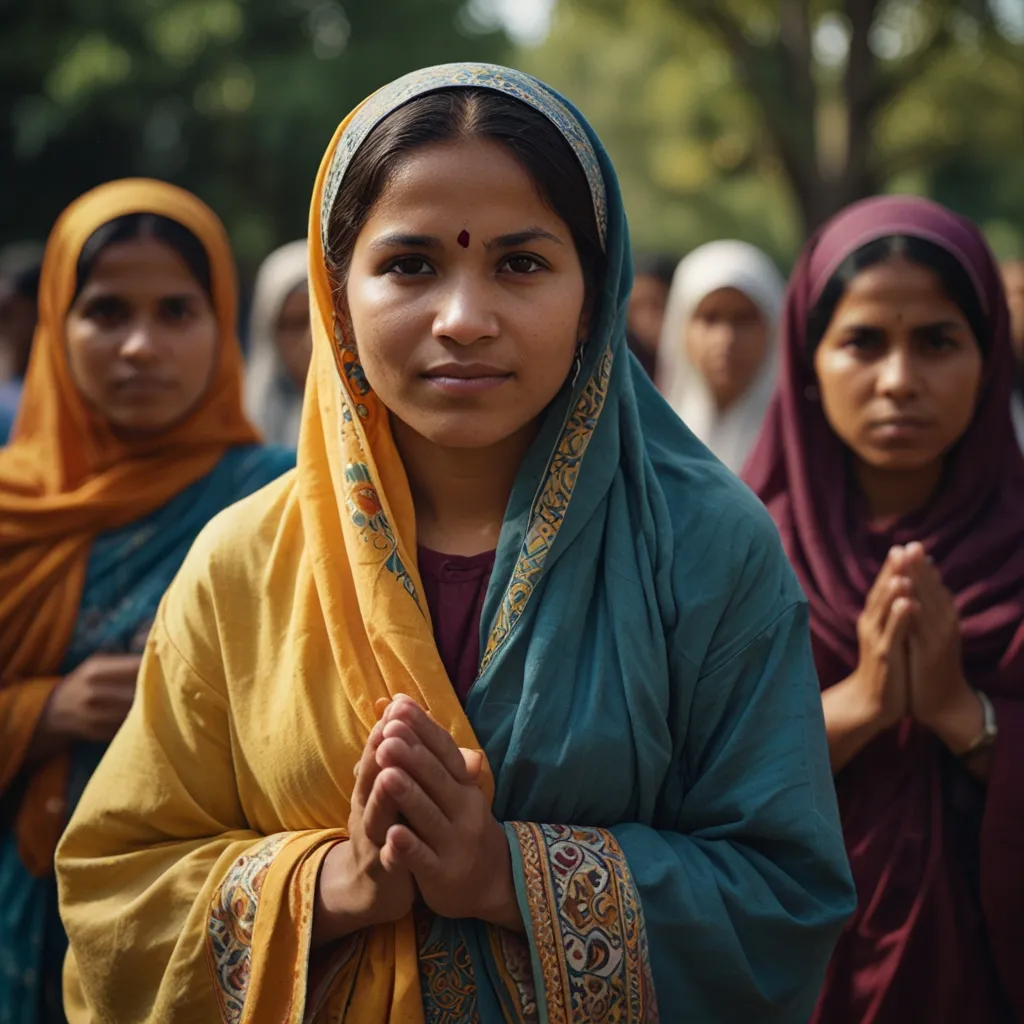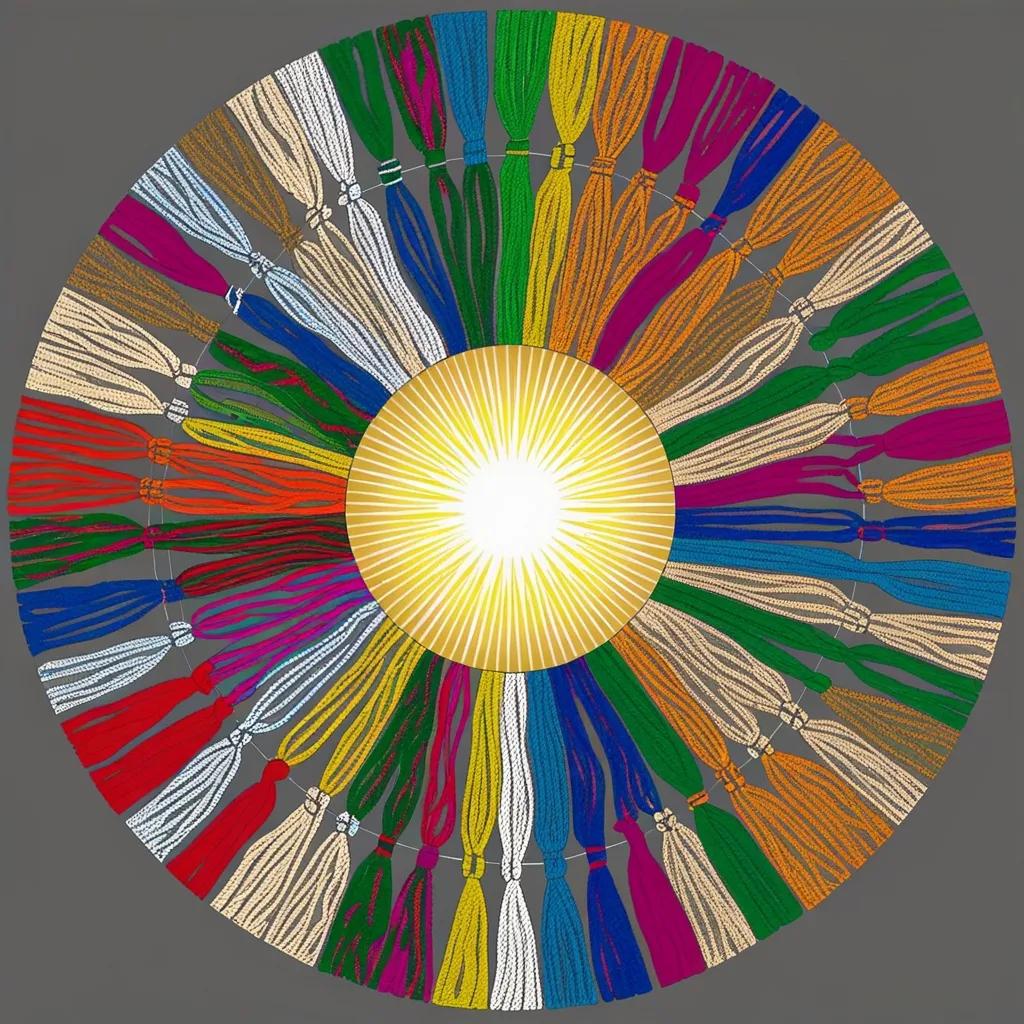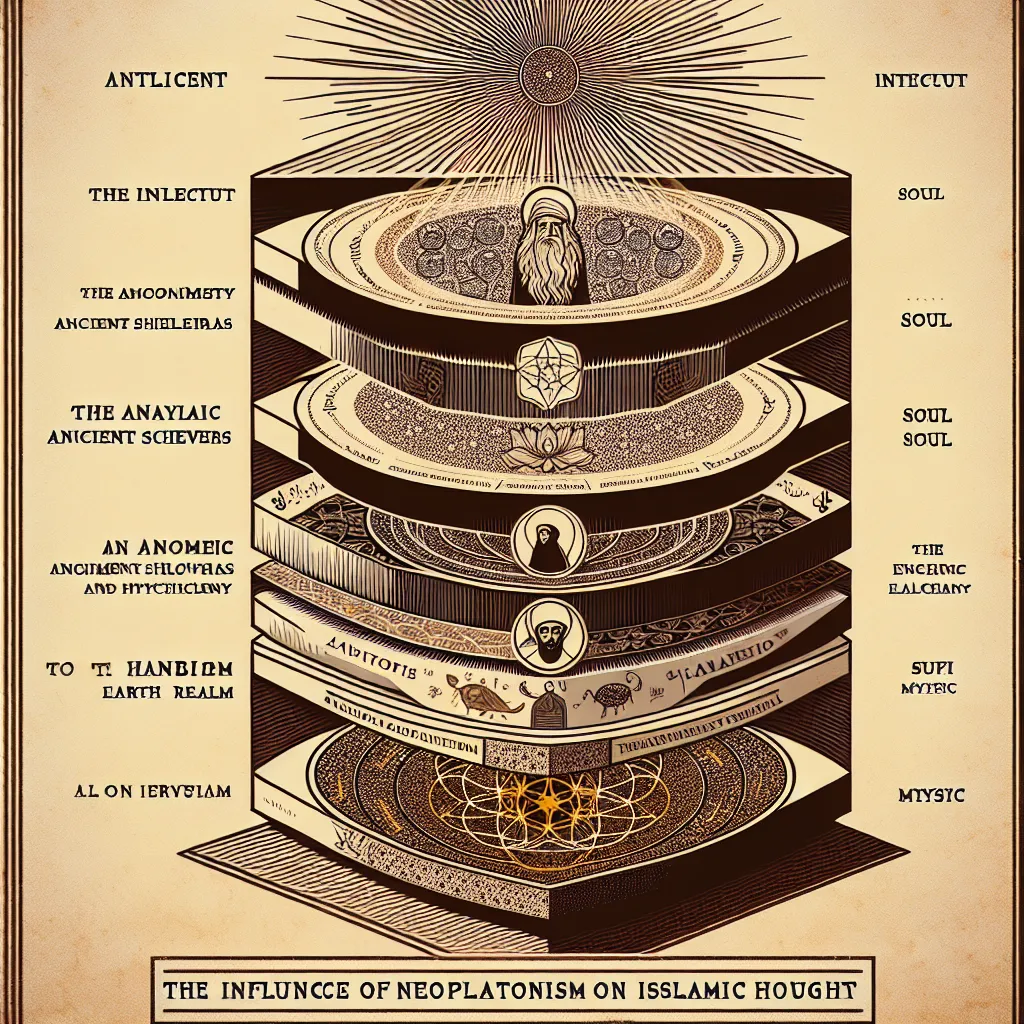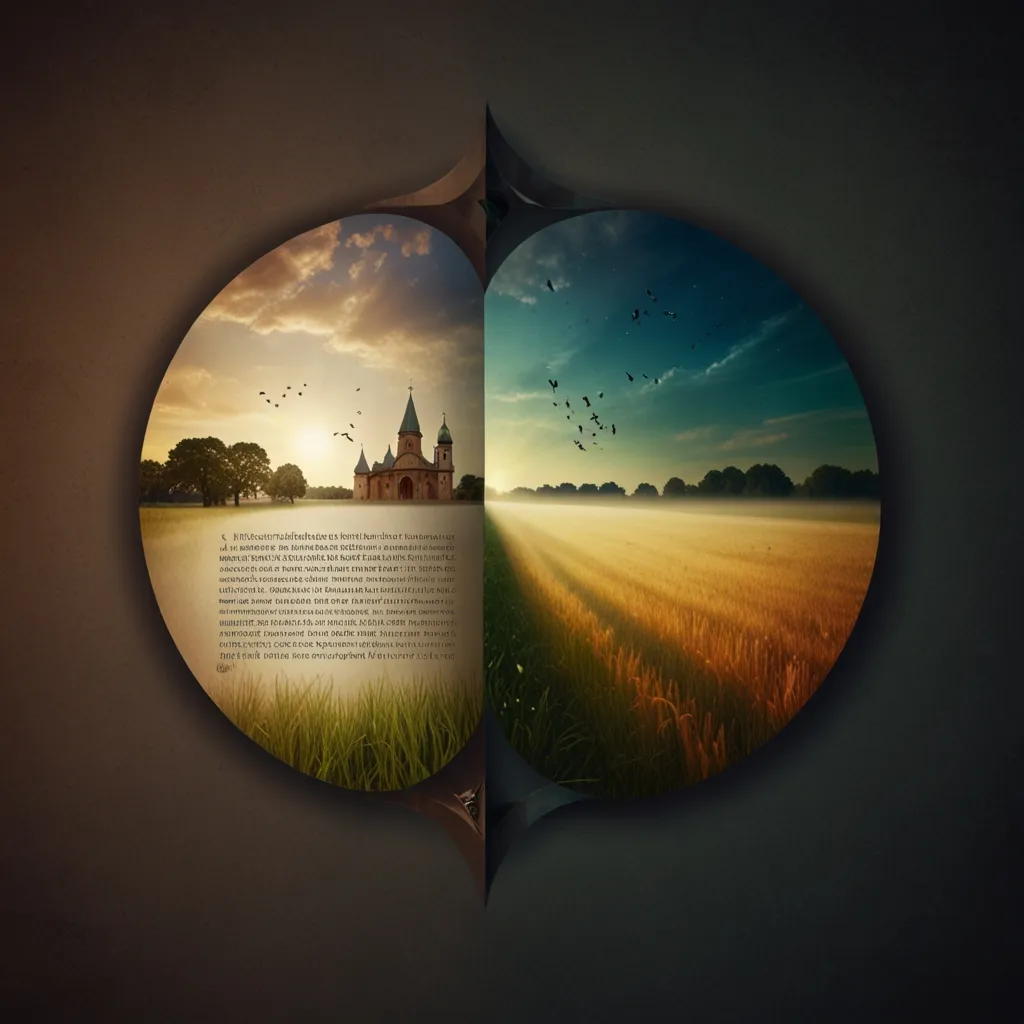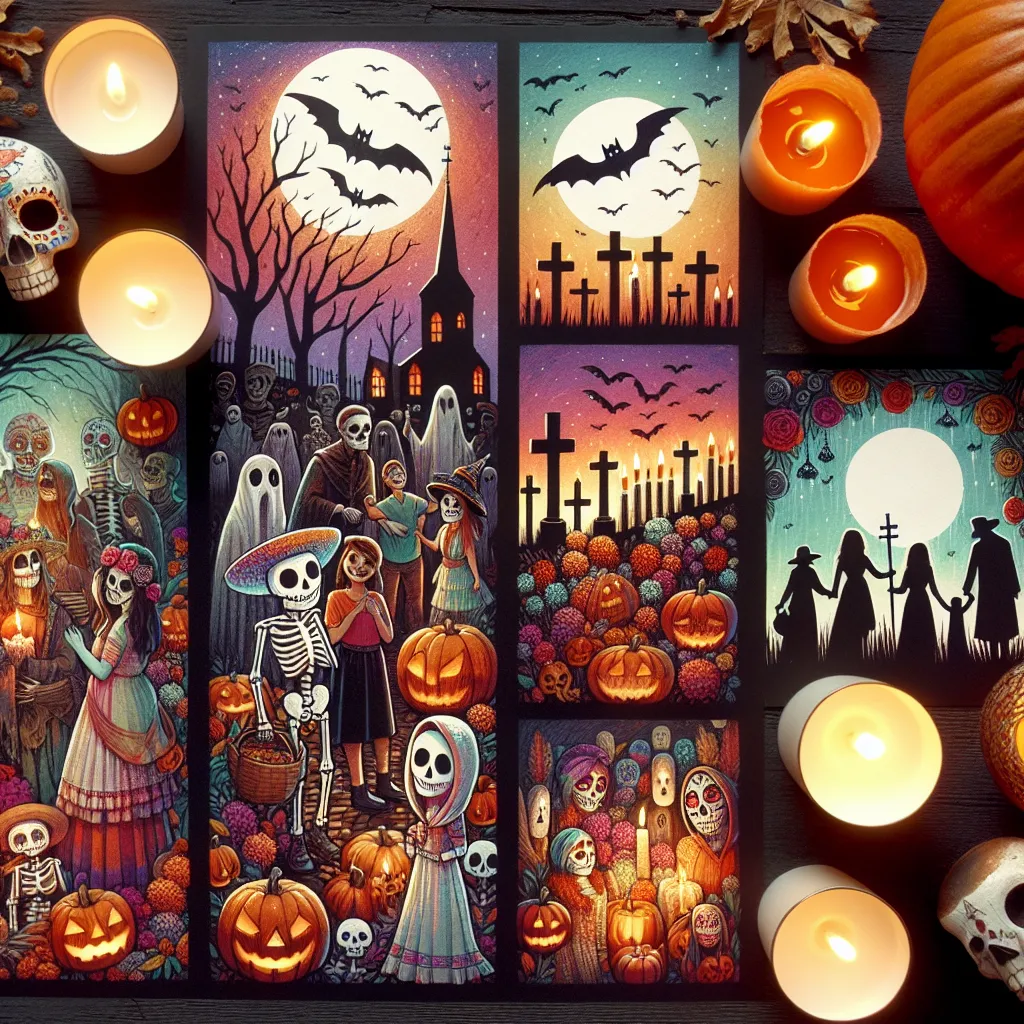Exploring the dynamics of women in various religions is like untangling a complex spiderweb that weaves together participation, tradition, and change. Across the globe, women have always been at the heart of religious practices, being the mainstay of many congregations. Yet, paradoxically, they’ve often been handed secondary roles within religious institutions.
In many belief systems, leadership roles are off-limits to women. Picture this: in some Christian communities, being clergy is a privilege reserved exclusively for men. This exclusion isn’t just unique to Christianity. Orthodox Judaism also bars women from stepping into certain religious roles. Sadly, this pattern holds true across many faiths, leaving women to shape their spiritual journeys from the periphery.
But why do they stay devoted to religions that often sideline them? The answer lies in the profound sense of community and spiritual nourishment these women find. Far from sitting quietly in the background, they are active agents of change within their religious frameworks. Some women even pursue different religious avenues that promise fairer terrains, allowing them to participate as equals.
Historically, women have been crucial to the birth and spread of religions. Think of early Christianity, where women were some of Jesus’s first proponents, spreading his message far and wide. In Islam, Muhammad’s wives were his closest advisors. However, as religions grew more structured, men largely pushed women into secondary roles.
When you dive into how religions define gender roles, the disparities become clear. Take Islam: women have rights related to marriage, inheritance, and divorce, but face restrictions such as segregated prayer spaces and limitations during their menstrual periods. On the flip side, Taoist traditions have recognized the spiritual capabilities of women, giving them influential roles in certain sects.
Despite these hurdles, women have always found ways to make their mark. Some African Pentecostal churches now see women in authority, spearheading significant transformations. However, it’s still uncertain whether these gains will stick long-term, given the historical tendency for patriarchal systems to bounce back.
Interestingly, women globally show stronger religious affiliation compared to men. They attend services more often and place greater emphasis on religion in their lives. This trend spans various faiths—Christianity, Islam, Buddhism, Hinduism, and Judaism alike.
The why behind this gender gap is complicated. Some speculate that biological factors like higher testosterone levels in men might influence their lighter religious involvement. Others point to cultural reasons, suggesting that roles like caregiving and community building, often assigned to women, are more in tune with religious practices.
In a nutshell, the role of women in religion is a lively mix of involvement, struggle, and occasional oppression. Even with the challenges they face within religious institutions, women continue to be indispensable to religious communities worldwide. Their stories of resilience offer a lens through which to view the interplay of faith and gender, reminding us of the need for continual dialogue and progress.
